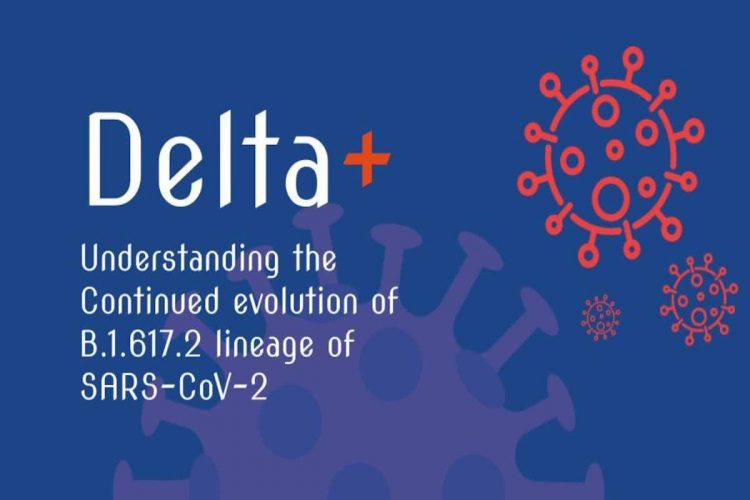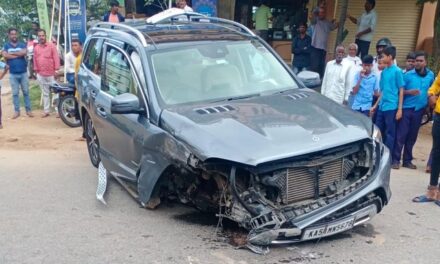In May, the WHO tagged B.1.617.2 strain as the ‘Delta’ variant of SARS-CoV-2. The variant was identified as one of the drivers of the second wave of coronavirus infections that devastated parts of the country earlier this year.
The ‘Delta’ variant has further mutated to form the ‘Delta plus’ or ‘AY.1’ variant.
Initial data suggests that the Delta plus variant shows signs of resistance against the monoclonal antibody cocktail treatment.
This treatment for Covid-19 was recently authorised by the Central Drugs Standard Control Organisation (CDSCO).
A scientist specialising in genomic sequencing, Bani Jolly said on Twitter, “A small number of sequences of Delta (B.1.617.2) having spike mutation K417N can be found on GISAID.
As of today, these sequences have been identified in genomes from 10 countries.”
“The sequences have recently been designated as lineage AY.1 (B.1.617.2.1), a sublineage of Delta, due to concerns about K417N is one of the mutations found in the Beta variant (B.1.351),” Jolly added.
Public Health England, in its latest report on coronavirus variants, said the Delta plus variant was identified in six genomes from India as of June 7.
The health agency has confirmed the presence of a total of 63 genomes of the Delta variant with the new K417N mutation.
However, scientists say there is no immediate cause for concern since the prevalence of this new variant is still low in India.
Variant frequency for Delta plus variant not much in India
A scientist at Delhi-based CSIR-Institute of Genomics and Integrative Biology (IGIB), Vinod Scaria said in a tweet on Sunday, “One of the emerging variants is B.1.617.2.1 also known as AY.1 characterized by the acquisition of K417N mutation.”
Scaria went on to say that the formation of Delta plus variant was the result of a mutation in the spike protein of SARS-COV-2.
It is the same spike protein which enables the virus to enter and infect human cells.
“The variant frequency for K417N is not much in India at this point in time.
The sequences are mostly from Europe, Asia and America,” said Vinod Scaria. Travel histories for the Delta plus variant are not readily available, he added.
In fact, the sequences come from a number of countries across the globe other than India, such as the USA, Canada, United Kingdom, Russia, Japan, Portugal, Poland, Turkey, Nepal and Switzerland, according to outbreak.info.
“Looking at the large (T95I) cluster, it seems like AY.1 has arisen independently a number of times and could be more prevalent than observed in countries with limited genomic surveillance,” said Bani Jolly.
Immunologist Vineeta Bal said the Delta plus variant’s resistance to monoclonal antibody cocktail is not an indication of higher virulence or severity. Bal is a guest faculty at Pune’s Indian Institute of Science Education and Research.
“How transmissible this new variant is will be a crucial factor to determine its rapid spread or otherwise,” Vineeta Bal told news agency PTI.
She added, “Thus in individuals catching infection with the new variant, it may not be a matter worth worrying.”
Director of CSIR-IGIB, pulmonologist Anurag Agarwal also told news agency PTI, “There is no cause of concern due to the new variant in India as of now.”
Agarwal, who is also a medical researcher, said blood plasma from fully vaccinated individuals will have to be tested against the Delta plus variant to determine whether it shows any significant escape from the body’s immune response.
“Understanding this continued evolution is of great importance in mapping the evolutionary landscape of emerging variants. Largely the virus has tried to optimise for transmission and immune escape by step-wise acquisition of new mutations,” said Anurag Agarwal.
Inputs Agency : PTI









